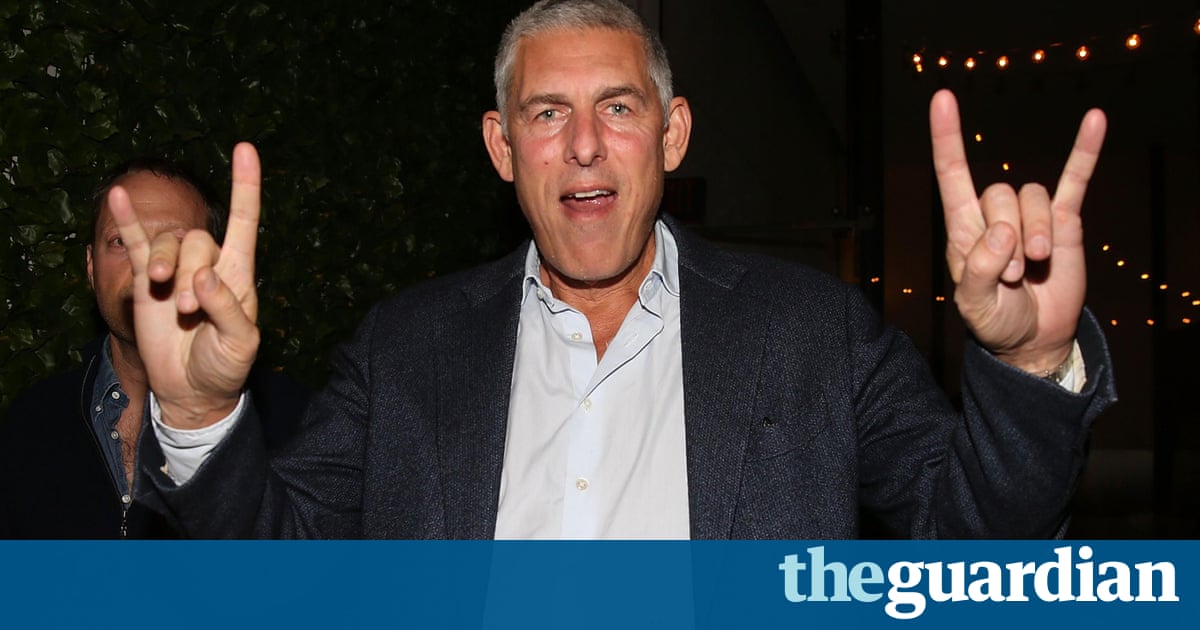Early breastfeeding plays a critical part in reducing newborn mortality and keeping babies healthy. So why arent more mothers doing it?

What happens in an hour can make all the difference. When I had my first baby, the support I received from my nurse was indispensable in helping me initiate and continue breastfeeding. It may not be obvious, but putting newborns to the breast within the first hour of life can make the difference between life and death. Delaying the start of breastfeeding beyond one hour after birth can raise a newborns risk of dying by 80% compared to those who are breastfed immediately.
Newborns now account for nearly half of all deaths of children under five. Early breastfeeding plays a critical part in reducing newborn mortality and keeping babies healthy. But are we doing everything possible to make that happen?
It turns out were not. New research from Unicef shows that more than half of all newborns are not breastfed within one hour of birth. That means that 77 million newborns over 50% of babies born each year – are losing out on the benefits of early initiation, exposing them to a higher risk of disease and death.
This is happening because women are not getting the support they need around the time of birth, even when a doctor, nurse or midwife is assisting their delivery.
Globally, more than three quarters of all mothers give birth with the help of a skilled birth attendant. But in many hospitals, rather than initiating the practice of breastfeeding by immediately placing a newborn on the mothers chest, well-intentioned attendants will take the baby away to give the mother time to rest or feed the newborn formula. In the Middle East, North Africa and in South Asia, women who deliver with a skilled birth attendant are less likely to initiate breastfeeding in the first hour of life, compared to women who deliver with unskilled attendants or relatives.
When babies are given alternatives to breastmilk, they breastfeed less often, making it harder for mothers to start and continue breastfeeding. In some countries, the rise in caesarean deliveries has reduced this crucial practice and delayed breastfeeding initiation; however, with the right support, even most newborns delivered by Caesarean section can be put to the breast within the first hour of life.
Traditional practices also interfere with getting an early start to breastfeeding, depriving newborns of the essential nutrients, antibodies and skin-to-skin contact with their mother that protect them from disease and death. In India, some women are taught to discard colostrumthe nutrient-dense breast milk a mother produces right after birth. In Nigeria, some newborns are given water or tea in lieu of breast milk, putting them at risk of diarrhea and malnutrition. Countries in other parts of the world are inundated with formula marketing, which has led to plummeting breastfeeding rates.
Placing newborns on their mothers bare chest known as skin-to-skin contact immediately after birth helps reduce mortality by regulating a babys heart rate, temperature and breathing, while also facilitating breastfeeding. Not only that, exposure to the bacteria on the mothers breast helps to colonize a newborns digestive system with essential antibodies. Immediate skin-to-skin contact promotes bonding between newborn and mother and ensures that babies receive the nurturing they need from the very first moments they enter the world.
And mothers practicing early skin-to-skin contact and early initiation of breastfeeding with their newborns are more likely to produce sufficient milk, breastfeed within the first months of their babys life, and continue breastfeeding longer a practice proven to improve health outcomes for both children and mothers.
The Lancet reported earlier this year that breastfeeding exclusively for the first six months could save more than 800,000 childrens lives each year because it acts as a babys first vaccine, protecting infants from diseases, and giving them a perfectly adapted nutritional supply they need at each developmental stage. This amounts to a 13% reduction in the deaths of children under five and also supports healthy brain development, increased IQ scores and better school performance for all children.
Breastfeeding is a powerful intervention its time-tested, backed by research and doesnt require preparation or expensive new medications. Breastfeeding has incredible developmental benefits, and, in areas that lack access to clean environment and clean water to mix with formula powder, saves babies from life-threatening diseases such as diarrhea and pneumonia.
To be sure, there are many barriers to breastfeeding we must work to overcome so mothers who want to breastfeed are able to, and there are a small number of mothers for whom breastfeeding isnt an option. But to serve millions of mothers and children better, one simple and important thing we can do now is support early initiation of breastfeeding.
Providing new mothers with guidance on initiating breastfeeding, not supplying any liquids or foods other than breastmilk and ensuring that staff are appropriately trained are all simple adjustments that can help a woman breastfeed successfully.
Given what research has taught us about the importance of early initiation, we have countless reasons to do everything possible to increase rates globally especially when solutions come at little to no extra cost.











